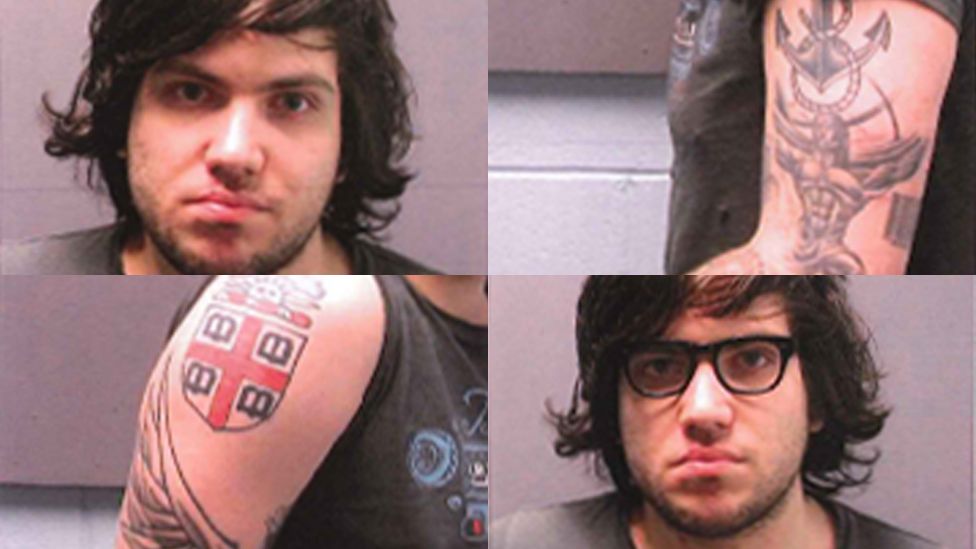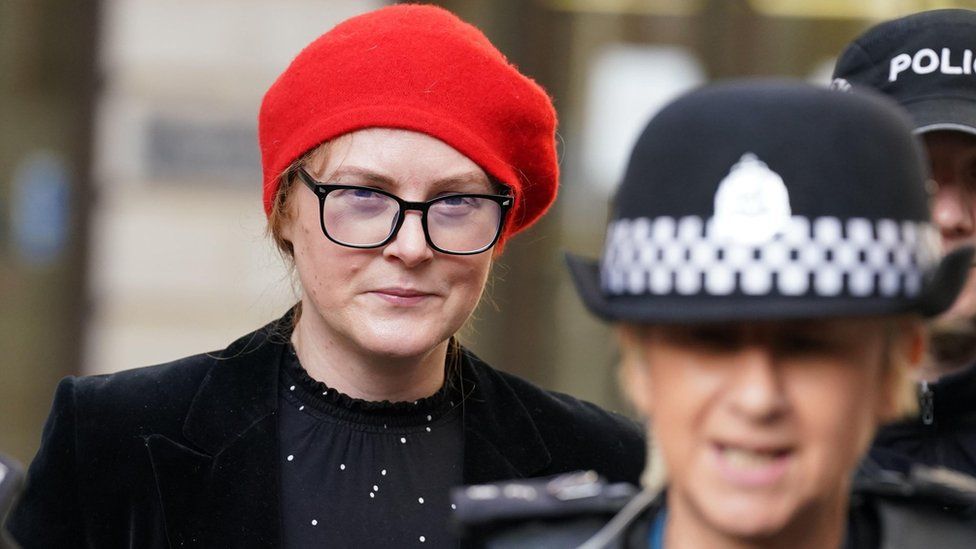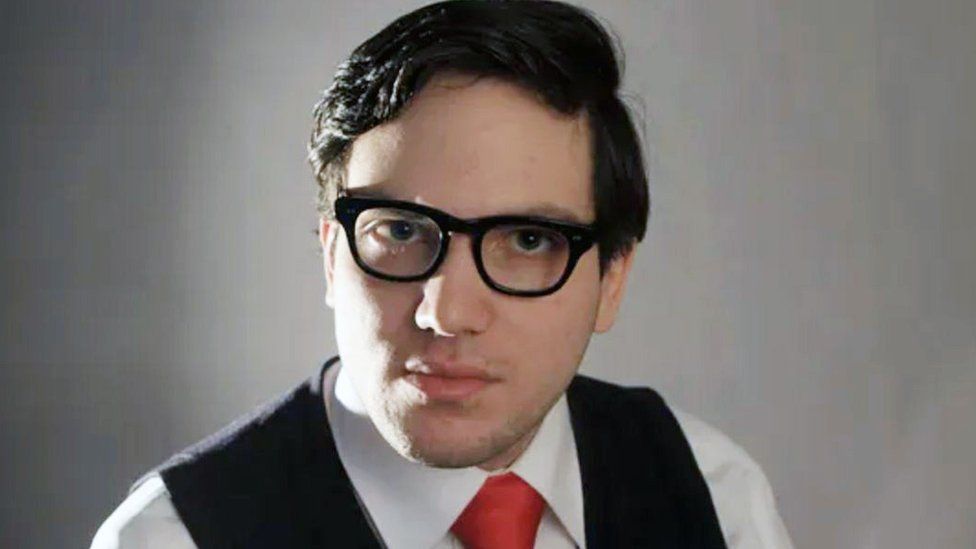A man arrested in a Scottish hospital last year is US fugitive Nicholas Rossi, a court has ruled.
The man had claimed to have been the victim of mistaken identity, and insisted his name was Arthur Knight.
But Edinburgh Sheriff Court heard that his tattoos and fingerprints matched those of Rossi.
Authorities in the US are seeking Rossi’s extradition over allegations of rape and sexual assault.
It is alleged that he faked his own death and fled to Scotland to escape prosecution.
He had spent the past year insisting that he was Arthur Knight, an orphan from Ireland who had never been to the US.
But after a three-day hearing, Sheriff Norman McFadyen said: “I am ultimately satisfied on the balance of probabilities that Mr Knight is indeed Nicholas Rossi, the person sought for extradition by the United States.”
Sheriff McFadyen rejected Rossi’s claims to have been the victim of mistaken identity as “implausible” and “fanciful” and said his repeated name changes were “highly suspicious” and “consistent with someone who was hiding from someone or something”.
He will now face an extradition hearing in March, when the Scottish courts will decide whether to send him back to the US to stand trial on the allegations against him.
Rossi was arrested by Police Scotland last year after staff at the Queen Elizabeth University Hospital recognised his tattoos – images of which had been circulated by Interpol – while he was being treated for Covid.
Fingerprint expert Lisa Davidson told the court that prints taken from the man claiming to be Arthur Knight after his arrest were identical to those of Rossi, which were included on a US extradition request and the Interpol red notice.

But Rossi claimed the fingerprints had been meddled with and taken from him by an NHS worker called “Patrick” on behalf of David Leavitt, a Utah county lawyer.
Advocate depute Paul Harvey dismissed his claims as “entirely outlandish” and “bizarre”.
Rossi’s accent also changed several times while he was giving evidence.
A series of earlier hearings in the case had seen Rossi sack at least six lawyers and claim to have been tortured in prison.
His wife, Miranda Knight, 41, gave evidence to the court during the hearing and said her husband had given no indication that he was really Nicholas Rossi.
Rossi’s marriage certificate was shown to the court, which had been signed under the name Nicholas Brown.

The court was told on Wednesday that US prosecutors submitted additional extradition requests over an allegation of rape in Salt Lake City and another over an allegation of sexual assault against Rossi.
Rossi, who appeared in court in a wheelchair, was already fighting an extradition request by authorities in Utah who allege he raped a 21-year-old woman in the state in 2008.
He had previously been convicted of sexually assaulting another woman, known as Mary, after meeting her online in 2008.
She told BBC Scotland that Rossi pinned her against a wall, forcefully kissed and groped her and masturbated in front of her at a college in Ohio.
Mary said she hoped Rossi would now face justice on the other allegations against him, adding: “He is trying to fool everybody and I’m glad so many people see through it”.
Who is Nicholas Rossi?

Authorities in the US have said that Rossi was also known as Nicholas Alahverdian in the state of Rhode Island, where he was involved in local politics and was a critic of the state’s child welfare system.
Rossi told US media in December 2019 that he had late-stage non-Hodgkin lymphoma and had weeks to live. Several outlets reported that he had died in February 2020.
Court records showed that Utah officials were looking for him at the time in connection with an alleged rape.
When he was arrested in Glasgow he was also on the run from authorities in other US states.
He used several other aliases, including Nicholas Edward Rossi, Nicholas Alahverdian-Rossi, Nick Alan, Nicholas Brown, Arthur Brown and Arthur Knight.
The FBI also had a warrant for his arrest on charges of defrauding his foster father by taking out credit cards in his name and running up debts of more than $200,000.
Source: BBC.com
